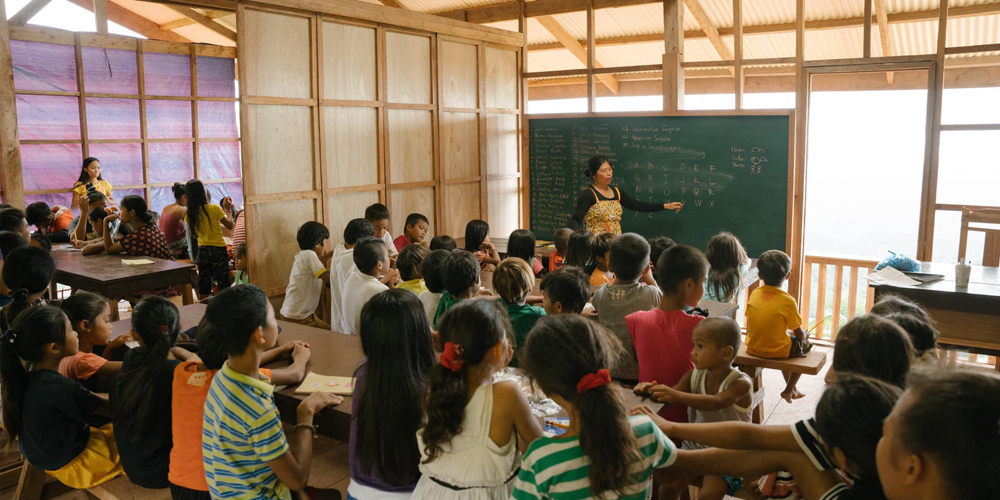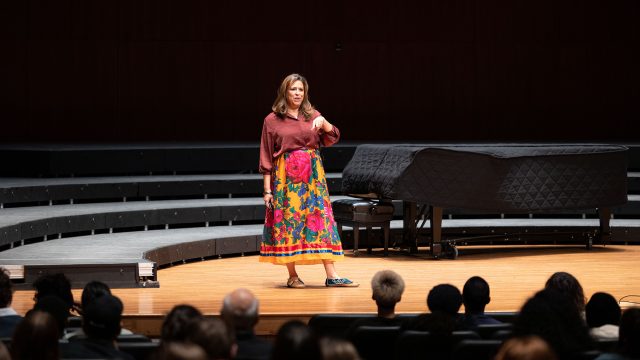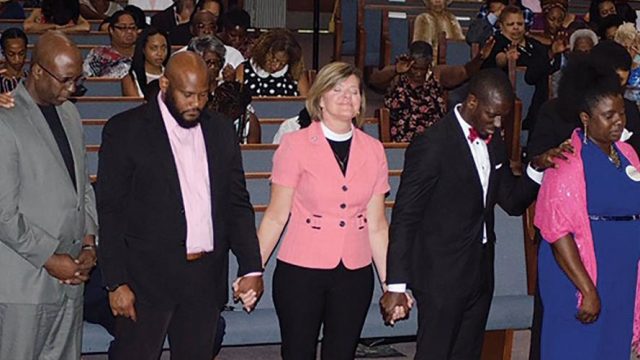In Palawan, Philippines, Jasper Ivan Iturriaga is working to increase access to education, one school at a time.

Philippines is known to be a culturally vibrant country. It is home to an estimated 17 million indigenous people (IPs) who belong to more than 100 ethnolinguistic groups. Some of these groups live in the modern era, but most live in far-flung, development-deprived communities around the archipelago.
Thousands of these people are still unreached. Nonprofit organizations and various social-religious groups try to create opportunities for these minorities to experience prosperity.
Jasper Ivan Iturriaga is one of many individuals who are passionate about reaching the unreached. He is a missionary, a pastor, a landscape photographer, a filmmaker, and a content creator. He travels the world capturing great moments and imparting inspiration through the content he shares.
The pandemic brought much of the world as we know it to a standstill. The economy plummeted, people got sick, families fractured, life was uncertain. Amid this landscape of global fear and loneliness, Iturriaga purposed to make a difference in people’s lives and inspire change.
In mid-2021, Iturriaga boarded a plane for the United States to work on a church film project. He traveled more than 16 hours from Manila, only to be denied entry. He was sent back to the Philippines.
“It was heartbreaking, but life has to move on,” Iturriaga said. “I do believe though that God opens doors, so if I’m not supposed to be in the U.S., God wanted me somewhere else,” he added.
Undecided about his next step, Iturriaga decided to stop by Brooke’s Point, Palawan, to visit some missionary friends who work for the Philippine Adventist Medical Aviation Services (PAMAS). PAMAS is an independent ministry that supports the mission of the Seventh-day Adventist Church. In particular, it extends medical help to people living in remote communities in the Philippines.
After spending a few days in the mission field immersing himself in the culture and connecting with the local people, Iturriaga realized the great need for education in the community. That’s when he was inspired to build a jungle school funded entirely by social media.
“The reality I saw and experienced in the jungle hit me big time, and this impressed me with the idea that these kids need a school, they need a future,” Iturriaga said. “I was thinking that there needs to be a way to make school accessible and closer to the community; that’s when the idea of building a jungle school came in,” he added.
Iturriaga worked on this dream with the PAMAS team. Together they conceived what seemed to be an impossible feat. To present this idea to his audience, Iturriaga began filming PAMAS’ work in the jungle, which included medical missions, volunteers teaching children under trees, and medical evacuation for those who needed immediate health assistance. Iturriaga regularly uploaded his footage to his social media account where it sparked curiosity and interest among his followers.
“We walked through the mountains; we crossed rivers. We got all muddy here and there, but the experience was all worth it,” Iturriaga said enthusiastically. “Filming the story of these people, their simple way of life, how they manage to keep a genuine smile on their faces despite the difficulties — these are very rare moments — they made me feel that I was more blessed than they were having a school.”
A day after launching the jungle school initiative, Iturriaga and the PAMAS team were surprised to discover that they had already surpassed their fundraising goal. People online were excited to help children and families build their school and take the first step toward change and development.
“This was truly out of our hands. This was God working and we had the best seat in the house to watch it unfold before us,” Iturriaga said. “Who could have imagined that in 24 hours a dream to have [funds for] a jungle school is now a reality. We are so thankful to God for leading us here and for those people who extended their help to make this a reality.”
As soon as the funds were secured, Iturriaga and the PAMAS team began working on the design and plans for transporting the materials from the city to the jungle. PAMAS airlifted the construction materials; fathers worked together at the school site; mothers prepared food — everyone played a role in building the school. In three months, the school was established with two volunteer teachers educating parents and children in the community. Iturriaga expected only 30 students at first, but the school now has more than 100 students enrolled.
The jungle school is now up and running. For the community, it’s not just a school, it is a place where they can grow and build hope for themselves and their families. PAMAS plans to build more schools as it continues to discover more communities in the jungle.
The original version of this story was posted on the Southern Asia-Pacific Division news site.








